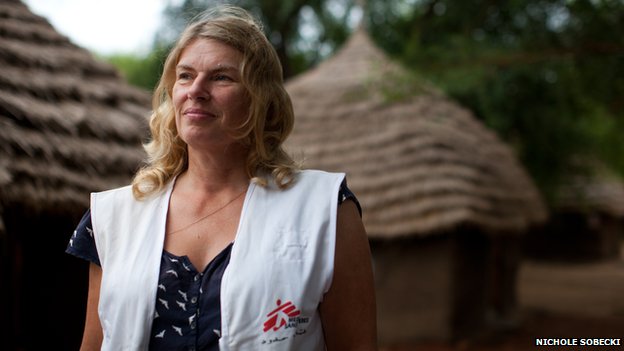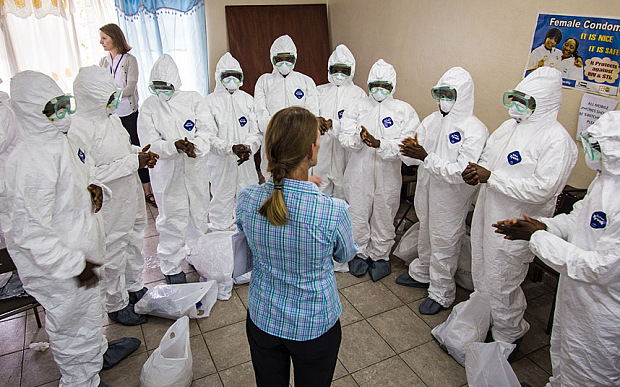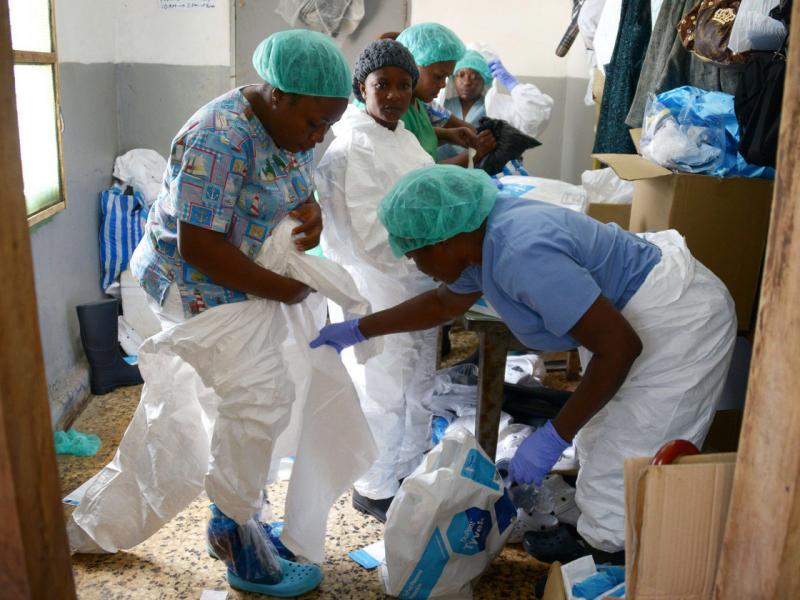The Dallas Hospital that sent Ebola patient Thomas Eric Duncan home said a software flaw, and not human error, caused doctors to miss the diagnosis, NBC News is reporting.
The electronic health records (EHR) system that the hospital uses has a separate workflow for physicians and nurses. The travel history of the patient was located in the nursing portion of the workflow within the EHR, but not in the physician's workflow.
“As result of this discovery, Texas Health Dallas has relocated the travel history documentation to a portion of the EHR that is part of both workflows," the hospital said.

 19 September 2014 - BBC News
19 September 2014 - BBC News

 By Rebecca Smith - 22 Sep 2014 - telegraph.co.uk
By Rebecca Smith - 22 Sep 2014 - telegraph.co.uk By Zoe Chace - Sep 22, 2014 - npr.org
By Zoe Chace - Sep 22, 2014 - npr.org Aryn Baker - Sept. 22, 2014 - time.com
Aryn Baker - Sept. 22, 2014 - time.com
Recent Comments